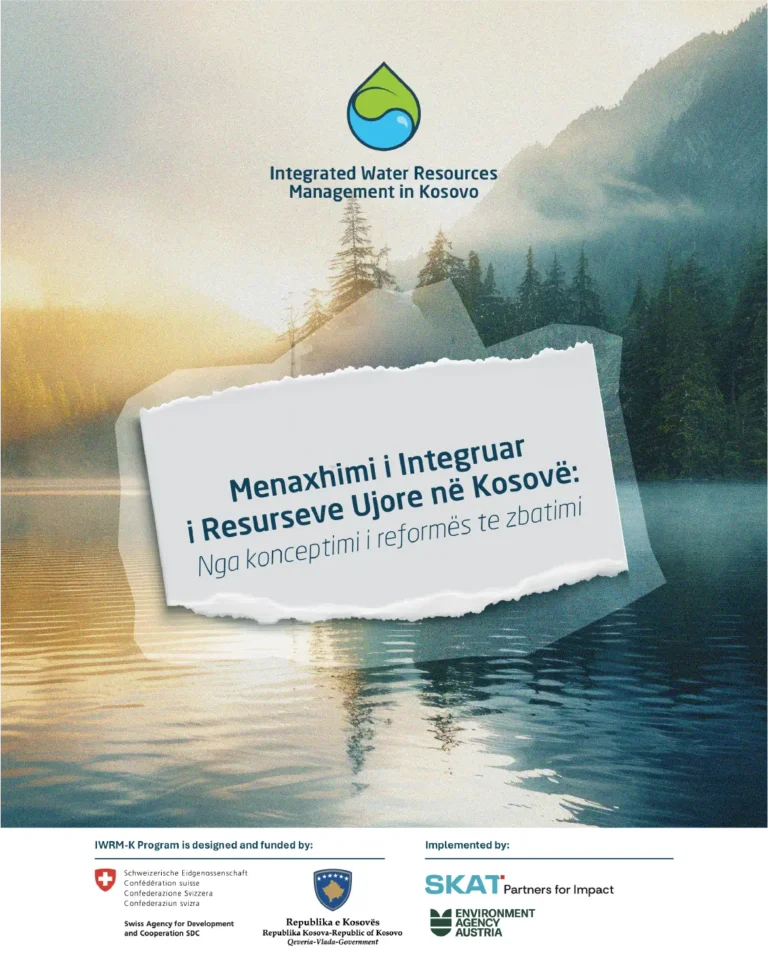Uji është një nevojë themelore për jetën, megjithatë, shumë njerëz në botë jetojnë pa qasje në të. Nëpërmjet shifrave të OBSH, problemi i mungesës së burimeve të ujit të pijshëm dhe kanalizimeve është akoma i pranishëm në nivel global, duke çuar në shqetësime shëndetësore serioze si dizenteria dhe kolera.
- Mungesa e burimeve të ujit: Rreth 2.6 miliardë njerëz nuk kanë kushte të përmirësuara sanitare, ndërsa rreth 1.1 miliardë nuk kanë qasje në burime të sigurta të ujit të pijshëm.
- Shqetësime shëndetësore: Mungesa e ujit të pijshëm çon në sëmundje të rrezikshme dhe vdekje të panevojshme, veçanërisht tek fëmijët nën moshën pesë vjeç.
- Objektivi i zhvillimit të mijëvjeçarit të Kombeve të Bashkuara: Përpjekjet për të arritur qëllimin e ofruar nga UN për përmirësimin e qasjes në ujë të pijshëm dhe kanalizime janë ende në rrugë të gjatë.
- Inovacionet për ujin: Metoda inovative si dezinfektimi i ujit përmes rrezatimit ultravjollcë janë duke ndihmuar vende në zhvillim për të adresuar problemet e mungesës së ujit të pijshëm.
- Ndikimi i ujit në mjedis dhe ekonomi: Mungesa e ujit nuk prek vetëm shëndetin, por edhe ekosistemet dhe ekonominë. Ndërkaq, përdorimi i energjisë hidroelektrike përfaqëson një zgjidhje të mundshme për prodhimin e energjisë së pastër.
- Përgjegjësia ndaj mjedisit: Për të siguruar që burimet ujore mbeten të qëndrueshme, është e nevojshme të kujdesemi për ruajtjen e tyre, duke përfshirë reduktimin e ndotjes dhe ruajtjen e habitatit.
Uji është shenjtor për jetën dhe përgjegjësia jonë për të ruajtur atë është thelbësore për të siguruar një të ardhme të qëndrueshme për të gjithë.





